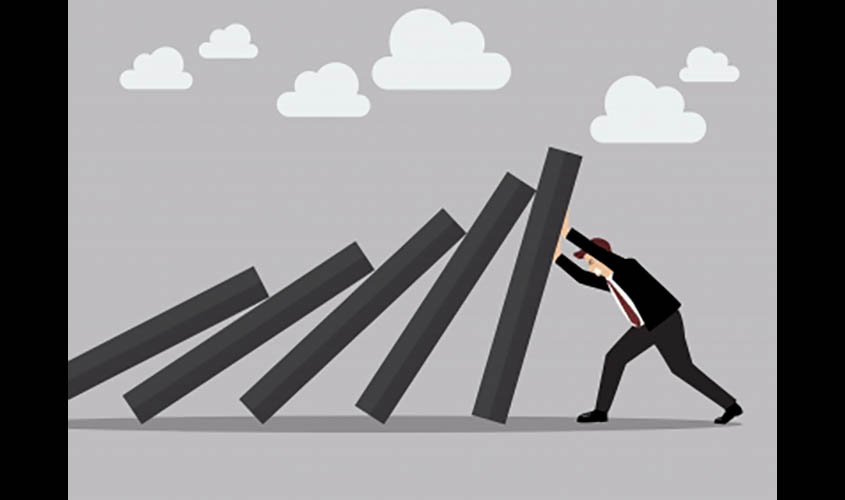“Come, come, whoever you are. Wanderer, worshipper, lover of leaving. Ours is not a caravan of despair.”
It was surreal to hear the poetry of Sufi mystic Rumi recently being sung at what seems an unlikely venue: the Unitarian Universalist Church in Ann Arbor. I first heard of this church from an atheist friend. I understand acts of faith, but am critical of several aspects of organised religions, especially those that posit faith and social justice in antagonistic terms. So, when my friend suggested we visit “a church without rules, mostly,” I was naturally curious. Looking at the church’s website, I learned of its organic links with Harvard Divinity School, and that it draws from the wisdom of all world religions, their spectrum including eastern philosophies, as well as scientific humanism, welcoming people from a variety of faiths and sexualities to search for their own meaning and evolve. But what finally convinced me to get up and out early on a cold Sunday morning, however, was not just the promise of progressive theology, or pluralism, or the open-door policy, but the topic of that morning’s sermon: resilience.
As an educator, I often find myself speaking to students at universities and other settings about the importance of resilience. Talent, hard work, planning, initiative, innovation: the role of these in trying to craft our lives and the world around us gets much talked about. However, we often fail to acknowledge the overarching importance of resilience. Those times the talent, hard work and initiative go unrecognised, or our best-laid plans get derailed, it is resilience that helps us survive and hopefully, even use the experience to grow stronger. This is not to deny structural reasons for despair, nor to facetiously claim that everything is always up to the individual alone; for instance, being born into debilitating poverty can significantly undermine one’s available opportunities and life chances. Rather, it is to suggest that, even given the same structural and social conditions, any two individuals will each engage with them differently, with greater or lesser resilience, altering the experience of life.
At the church, members of the congregation were asked to introduce themselves. They say this church is not evangelical and members do not proselytize—unlike some other denominations with a formal mandate to convert “non-believers” since colonialism, and not always with an eye towards social justice. Hence, there were others like me, who had discovered this church informally. The general energy, aided by an effervescent choir, was joyful and upbeat. We talked some, sang some, and were then handed a sheet on which to note down five “resiliency practices and habits” from our own lives, followed by the sermon, which was more a friendly talk. The first “resiliency habit” I noted was walking. I do not own a car and walk to work; over the years, I have found that it is both exercise and relaxation, allowing me to appreciate the trees, the road, the wide expanse of sky. Writing and cooking were also on my list, neither of which should be seen as the exclusive preserve or duty of any particular gender. Another was the time I try to set aside to reflect on where I was, where I have arrived, the joys big and small.
Afterwards, we bought some books from the church’s small but lively collection. I highly recommend famed Zen teacher Thich Nhat Hanh’s slim volume on How to Walk. “We frequently walk with the sole purpose of getting from one place to another. But where are we in-between? We can arrive in the present moment with every step.” And elsewhere, “when we first learned to walk, we walked just to enjoy walking. We can learn to walk that way again.” But my favourite was a book of prayers by women, worldwide, down the centuries: Maya Angelou, Elizabeth Barrett Browning, Andal, and others. Among its inspiring offerings was a simple prayer titled “What Must I Do” by Bishop Barbara Harris that renewed my faith, if not in the universe, then in myself, in those around me, and in our resilience.
“I am but one, but I am one. I cannot do everything, but I can do something.”

